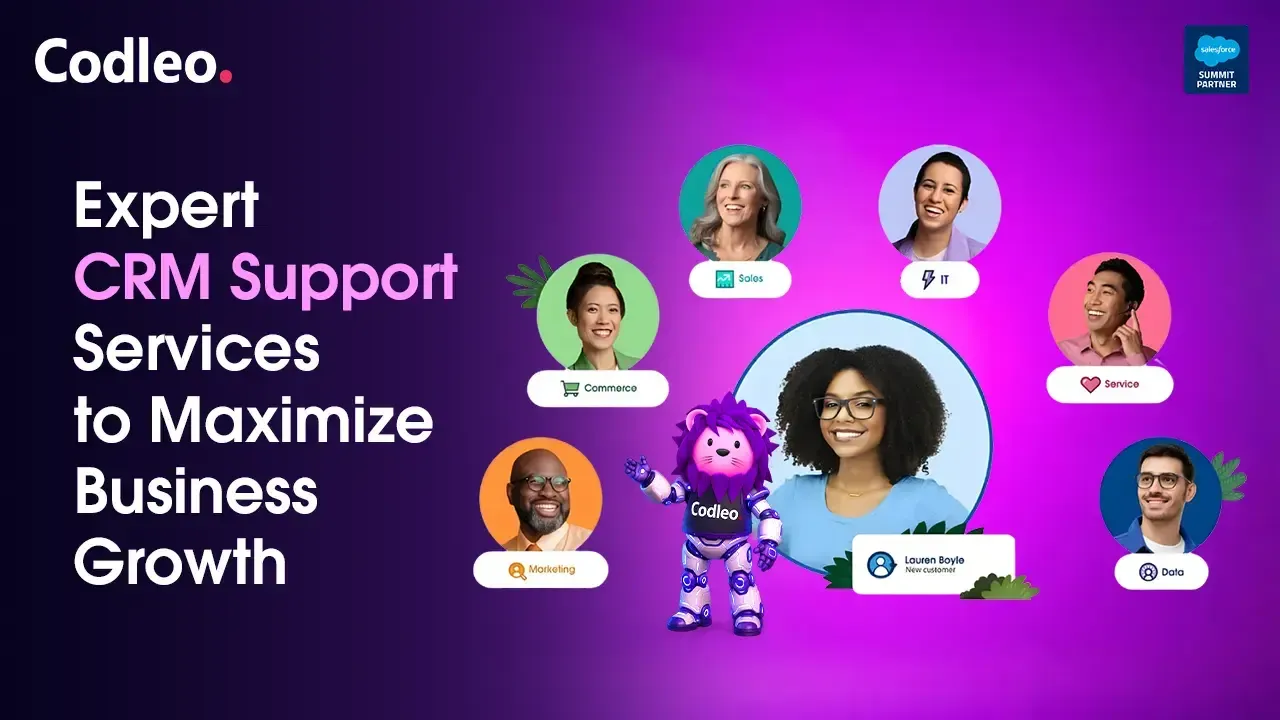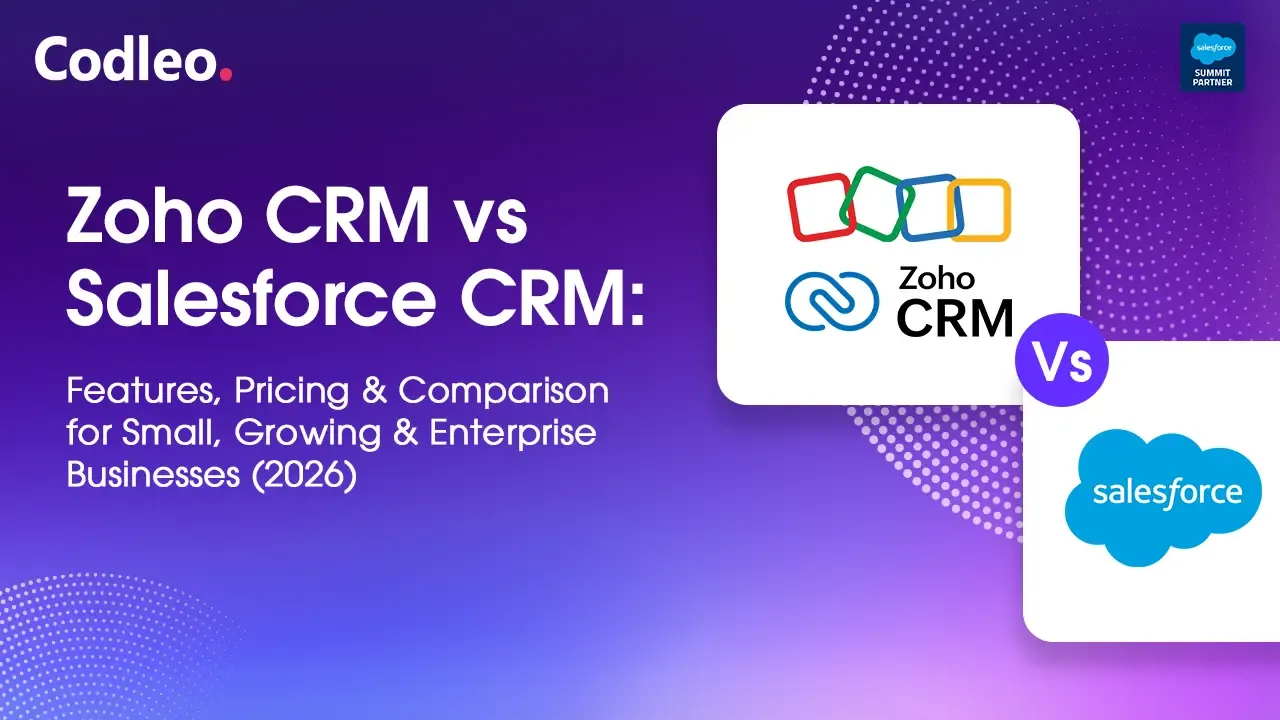Publish date:
In the rapidly changing world of digital marketing, businesses are always discovering new ways to streamline processes, improve client engagement, and fuel revenue. Marketing automation is now a strong solution, enabling organizations to automate mundane tasks and deliver customised experiences on a scale. However, the success of a marketing automation strategy is reliant on the implementation of best practices. In today’s blog cum guide, we dive into valuable strategies that can help you master the art of marketing automation.
List Business Objectives clearly
Before diving into the marketing automation process, it's vital to identify the business goals. Ask yourself: Why are we opting for marketing automation? Is it lead generation, lead nurturing, customer retention, or a mix of goals? A clear strategy will assist the implementation and lay the blueprint for success.
Understand the Audience via Segmentation
Useful marketing automation begins with a comprehension of the audience. Use segmentation to group the audience based on demographics, behavior, and preferences. This enables businesses to customise messages and content, ensuring relevance and resonance with each segment. Customisation is an important driver of engagement, and segmentation is the key to customised marketing.
Build an accurate & focused Segmentation List
Any business email list is an important tool, and its quality can’t be compromised. Implement strict opt-in practices to create a top-quality email list populated with engaged and interested subscribers. Regularly clean and update your list, eliminating inactive or outdated/erroneous contacts. A targeted and clean email list is the basis for healthy email marketing automation.
Create Important and Relevant Content
Content is the energy that powers a business’s marketing automation engine. Create a content strategy that is in sync with the audience's requirements and interests. Use marketing automation to deliver content at the right time in the client journey. Automated content delivery ensures that the audience receives timely and relevant data, nurturing them via the sales funnel.
Implement Intelligent Lead Scoring
Prospect scoring is a robust feature in marketing automation that enables users to prioritize prospects based on their actions, engagement, and demographics. Define criteria that measure a prospect's readiness for sales engagement. This ensures that the sales team focuses their energies on prospects that are most likely to become paying clients, improving overall efficiency.
Nurture Prospects Via Automated Workflows
Automated workflows are the backbone of strong marketing automation. Create workflows that hand-hold prospects via the different stages of the sales funnel, delivering targeted messages at each step. Drip campaigns which are a series of automated & scheduled messages, are very useful in nurturing prospects over time. Design workflows that are in sync with the client’s journey, from brand awareness to conversion.
Integration with Salesforce CRM for Smooth Collaboration
A smooth flow of information between marketing & sales teams is important for a superior customer experience. Connect the marketing automation platform with the Customer Relationship Management (CRM) system to ensure that information is shared seamlessly. This integration enables collaboration, letting the teams work from a united dataset and providing a detailed view of client engagement.
Continuous A/B Testing for Optimization
Optimization is a “work in progress” in marketing automation. Regularly conduct A/B testing on different elements, such as subject lines, content, and calls to action. Review the results and use the visibility gained to optimize the campaigns for superior performance. A/B testing is a strong tool for improving strategies and ensuring that your marketing efforts are up to date for maximum impact.
Review Key Metrics for Performance Analysis
Effective monitoring and review of key metrics are important for measuring the success of your marketing automation campaigns. Monitor metrics such as open rates, click-through rates, conversion rates, and Return on Investment. Use analytics tools to obtain actionable insights into the performance of your campaigns. Data-led decision-making is important for continued success.
Maintain Compliance and Focus on Privacy
As we are all concerned with data privacy concerns, it's important to ensure compliance with data protection regulations. The marketing practices must conform to regulations such as GDPR. Practice permission-based marketing to foster trust with your audience. Transparency and compliance contribute to a good brand image and help foster long-term client relationships.
In conclusion, achieving marketing automation is an important step in optimising the business's connection and engagement. By following the best practices mentioned in the blog, you can ensure smooth implementation and unlock the true potential of marketing automation tools. For customised assistance and expert guidance in achieving marketing automation goals, contact Codleo Consulting. Our experienced team is ready to help you navigate the complexities of marketing automation, driving success for your business.















